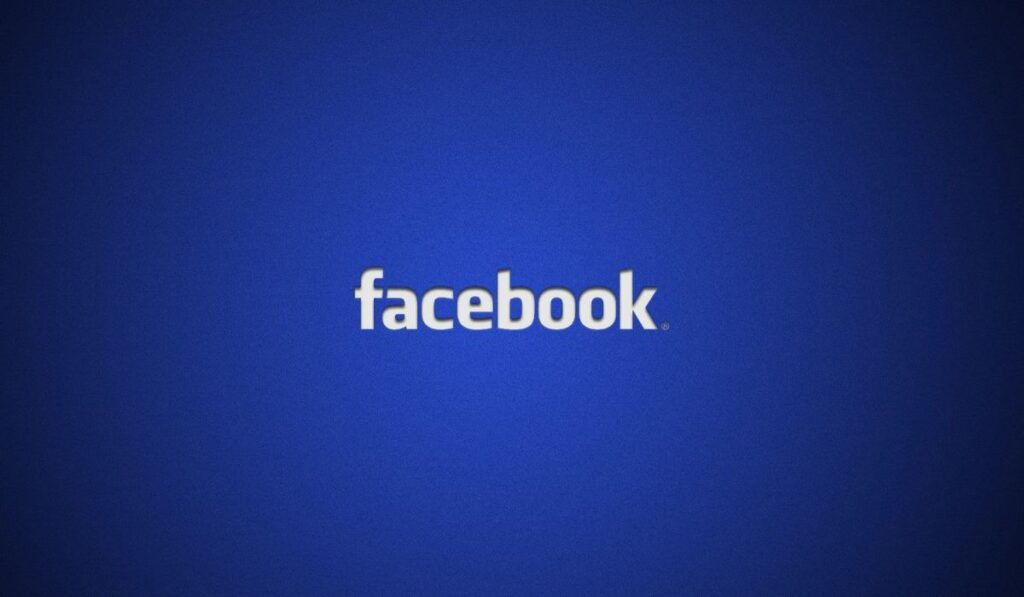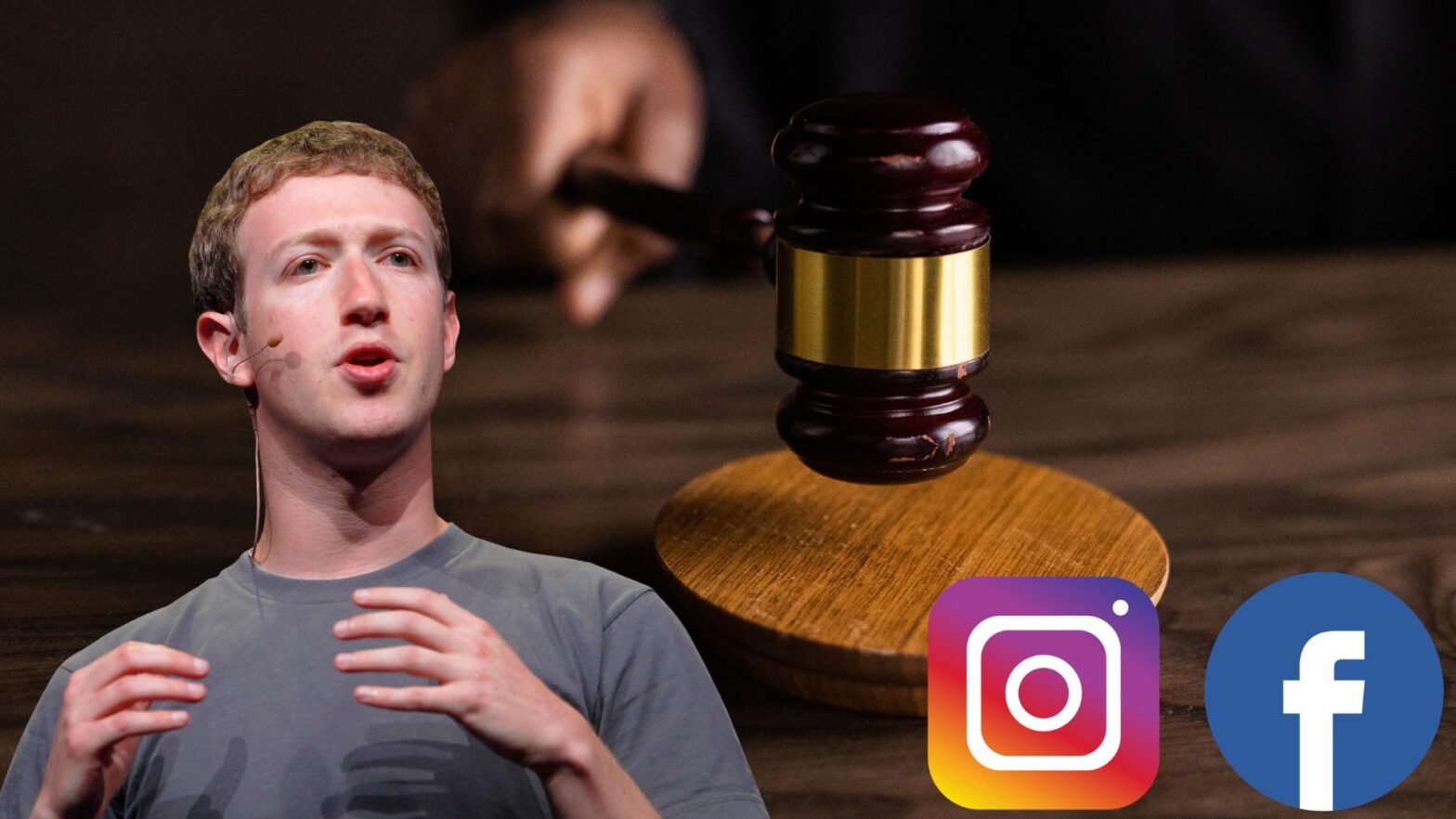A federal judge ruled that Meta CEO Mark Zuckerberg cannot be held personally liable in over two dozen lawsuits accusing Facebook and Instagram of contributing to social media addiction and harm to children. The ruling, delivered by US District Judge Yvonne Gonzalez Rogers, concluded that plaintiffs did not provide sufficient evidence directly linking Zuckerberg to the alleged misconduct.

The lawsuits, filed by parents, school districts, and public interest groups, allege that Meta was aware of the mental health risks posed by its platforms, particularly among young users. The plaintiffs claimed Meta intentionally downplayed these dangers and engaged in misleading practices to avoid scrutiny. Specifically, the plaintiffs argued that Zuckerberg played a key role in Meta’s efforts to conceal the addictive nature of its platforms and their negative impact on children’s mental well-being.
However, Judge Rogers found that while the plaintiff’s suggested Zuckerberg was the “guiding spirit” behind Meta’s actions, they failed to provide concrete evidence of his personal involvement. The judge emphasized that, under corporate law, executives are generally shielded from personal liability unless there is clear evidence of direct participation in harmful actions. The ruling pointed out that general corporate control is not enough to establish personal accountability.
Despite this setback for the plaintiffs, the lawsuits will continue against Meta as a company. Previn Warren, one of the attorneys representing the plaintiffs, vowed that the legal battle would move forward, seeking to uncover how Big Tech prioritizes profits over user safety. “Our lawsuit against Meta… is moving forward,” Warren said, reaffirming their commitment to challenging the company’s practices.
The case is part of a broader global debate about the role of social media in children’s lives. Legal experts have noted that the ruling may influence how other tech companies, like TikTok and Snapchat, address similar concerns. Additionally, ongoing government efforts to regulate social media platforms in order to protect children could intensify following this case.
The ruling has sparked further questions about corporate accountability within the tech industry, particularly as lawmakers and regulators worldwide consider new policies aimed at safeguarding children online.
According to Yahoo, the judge’s decision reflects the complexities of holding executives personally responsible for the actions of their companies.















